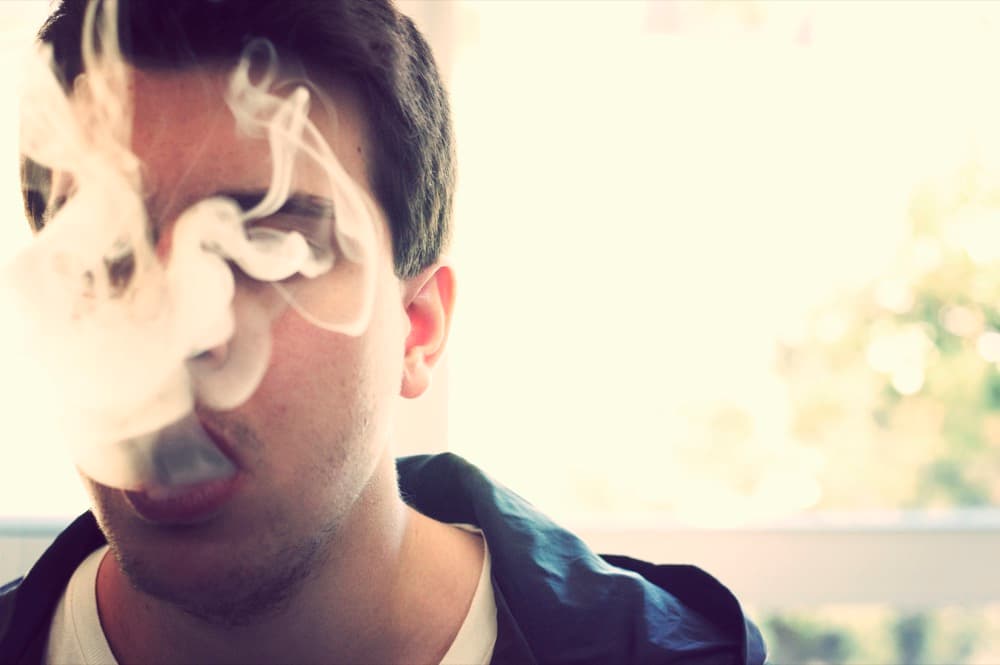I have never understood the idea that consuming marijuana is a way to chill out. If you give me any significant amount of weed, I will clean your house, sprint back to my own house and generally whip myself into an unholy frenzy in order to escape the happy demon who's tickling my brain.
And now I know I'm not the only one. A new study from the University of Illinois and the University of Chicago finds that THC tends to relieve stress only in certain circumstances. Specifically, the researchers found that less is more, at least for casual users.
The study:
The study gathered up 42 adult volunteers and split them into three groups: placebo, low-dose and moderate-dose. The low-dose group got 7.5 mg of THC, while the moderate group got 12.5 mg; the placebo group got nothing. For context, a typical edible product in Colorado might contain 10 mg.
All the participants went through two separate four-hour sessions at the University of Chicago. In one, they ate their capsules and then went through a mock job interview while watching themselves on video. Then they had to count backwards by 13s from a five-digit number. (Sounds horrible.)
In the second session, the subjects talked about their favorite books or movies and played solitaire. (Much better.)
For context, the volunteers had some experience with cannabis, but "were not daily users," according to the University of Illinois at Chicago.
The results:
Those who had received the lower 7.5 mg dose reported less stress than the placebo group and the higher-dose group. The THC appeared to have "dampened negative emotional responses without influencing performance." So, there's a case for micro-dosing.
Those who received 12.5 mg "reported greater negative mood before and throughout the task and were more likely to rate the psychosocial task as 'challenging' and 'threatening' beforehand," UIC reported.
The study was co-authored by Emma Childs, Joseph Lutz and Harriet de Wit. It was funded by the federal National Institute on Drug Abuse
Context:
First, effects of these doses obviously would differ for heavy users who have built up a tolerance. For heavy marijuana users, the drug may ward off negative effects such as insomnia or decreased appetite, as we reported in our explanation of cannabis addiction.
Also, THC is just one part of marijuana. Another major component, CBD, has been found to reduce "anxiety in patients with social anxiety subjected to a stressful public speaking task," according to Nora Vilkow, director of the National Institute on Drug Abuse.













